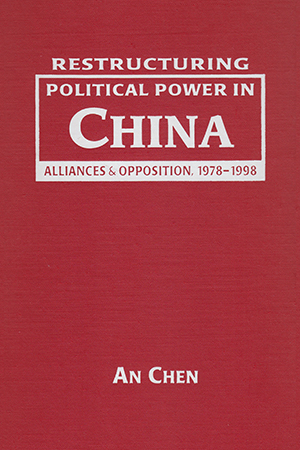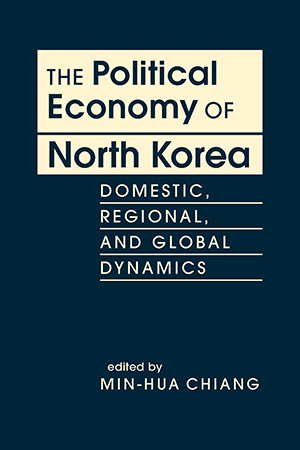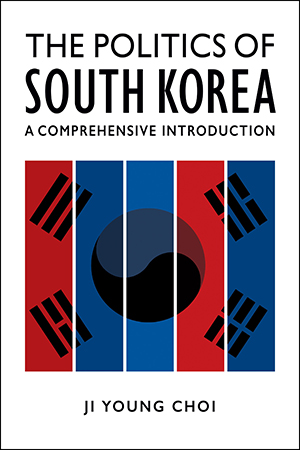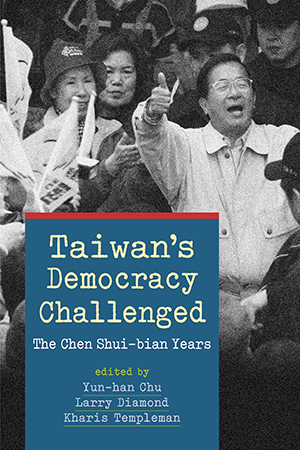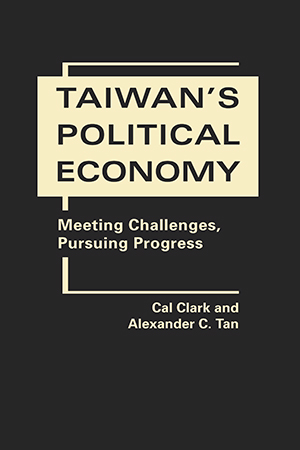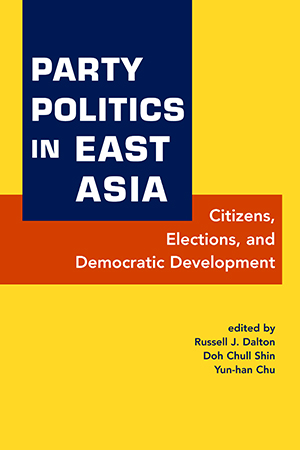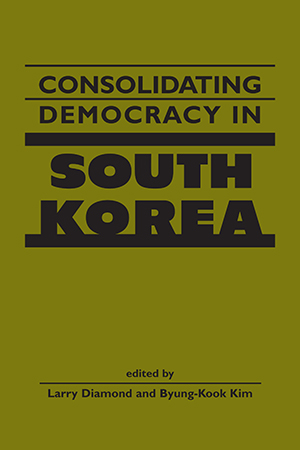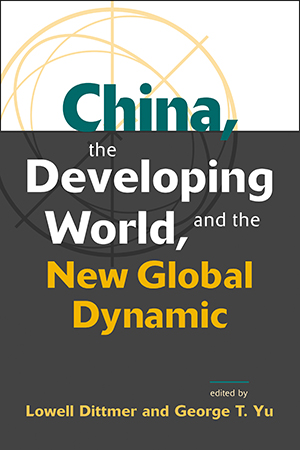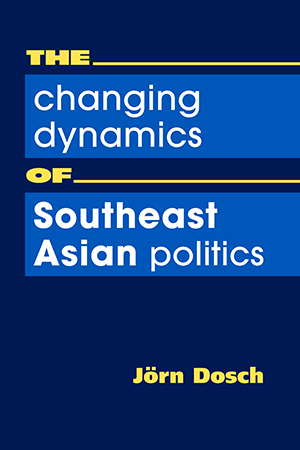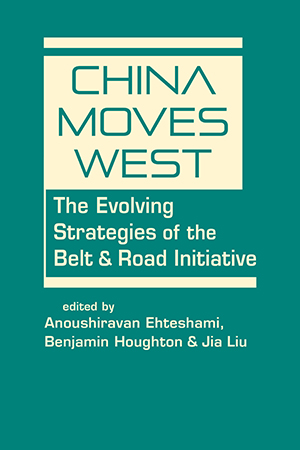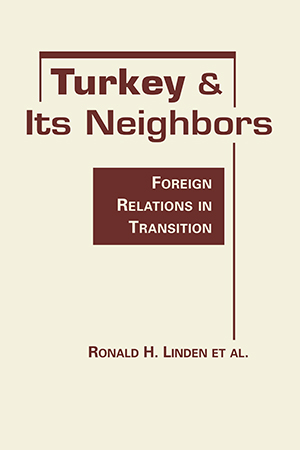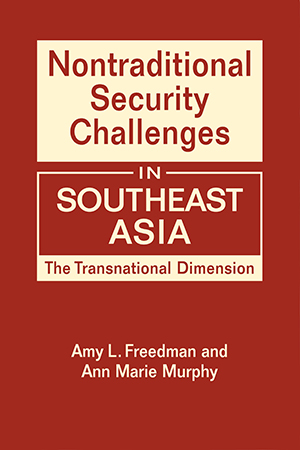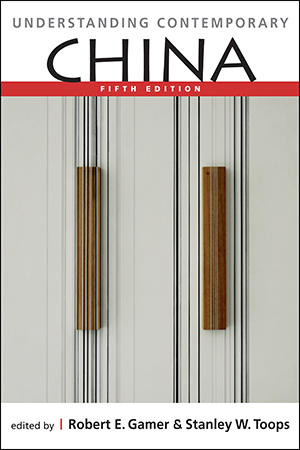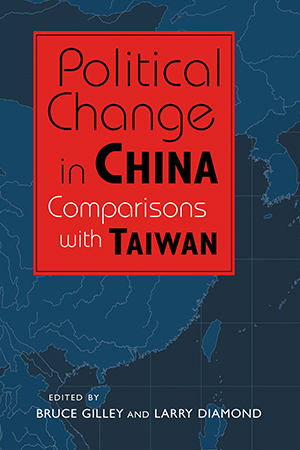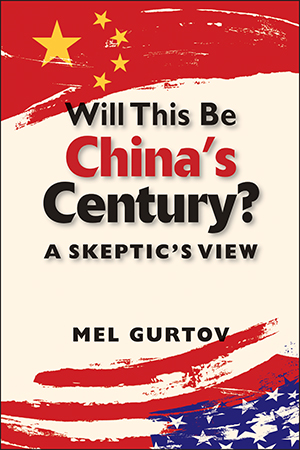Asian Politics
This systematic study of China's structural transformation during the past two decades emphasizes the balance-of-power game so ably played by Deng Xiaoping and others among the post-Mao More >
Driven by foreign investments and exports, the economies of many East Asian countries have seen dramatic growth—but North Korea has lagged behind. Why? What are the country's More >
Once an impoverished, autocratic country, in just a few decades South Korea has transformed itself into a vibrant democracy with a highly developed economy. Using a comparative perspective More >
When Chen Shui-bian, Taiwan's first non-Kuomintang president, left office in 2008, his tenure was widely considered a disappointment. More recent events, however, suggest the need for a More >
Taiwan's economic and political transformation was once considered a model for developing nations, but in recent decades, the momentum has stalled. Why? Cal Clark and Alexander Tan More >
Assessing the trajectory of democratization in East Asia, this volume offers a systematic and tightly integrated analysis of party-system development in countries across the region. The More >
Since its inception in 1987, Korean democracy has been an arena of continual drama and baffling contradictions: periodic waves of societal mobilization and disenchantment; initial continuity More >
With China's rise as a major player in international affairs, how have its policies toward developing countries changed? And how do those policies now fit with its overall foreign policy More >
Focusing on the nexus between global, regional, and national dynamics in Southeast Asia, Jörn Dosch explores the profound political changes that have occurred in recent years both More >
In September 2013, Xi Jinping announced the launch of a Chinese-led megaproject, the Belt and Road Initiative, that would transform Asia's position within the global economy. Some ten More >
Recent years have seen dramatic changes in the nature, direction, and impact of Turkey's foreign relations in its neighborhood—a region that encompasses Europe, the Middle East, More >
With the countries of Southeast Asia increasingly challenged by a plethora of nontraditional security issues—climate change, food and water security, infectious diseases, and migration More >
China today bears little resemblance to the country introduced in the first edition of Understanding Contemporary China, published nearly two decades ago. Even in just the past five years, More >
How might China become a democracy? And what lessons, if any, might Taiwan's experience of democratization hold for China's future? The authors of this volume consider these More >
Mel Gurtov takes issue with the widespread view that China is on the way to rivaling or even displacing the United States as the dominant world power. Gurtov identifies serious More >


